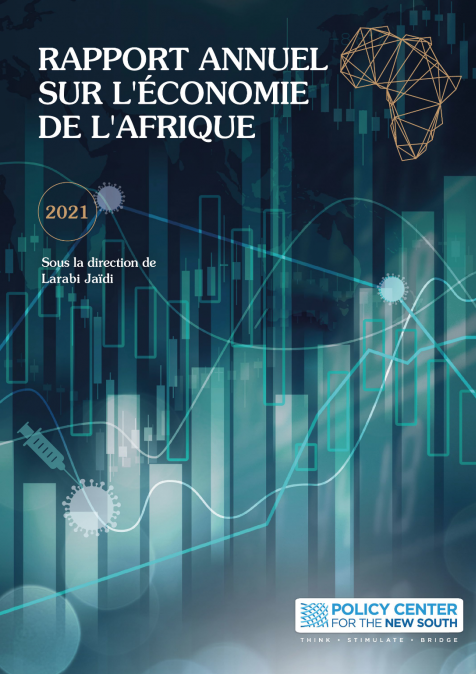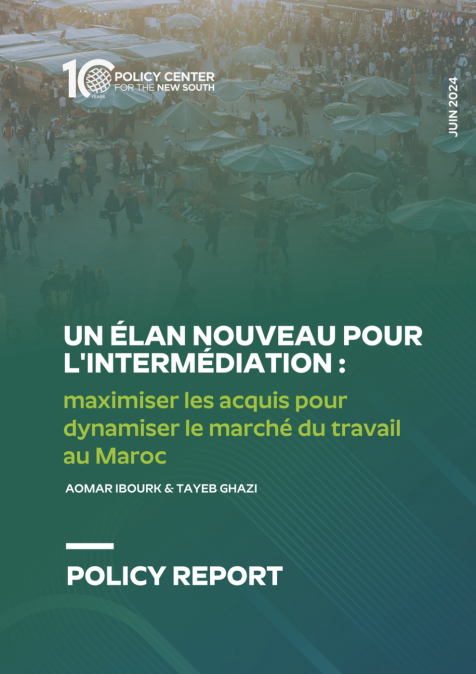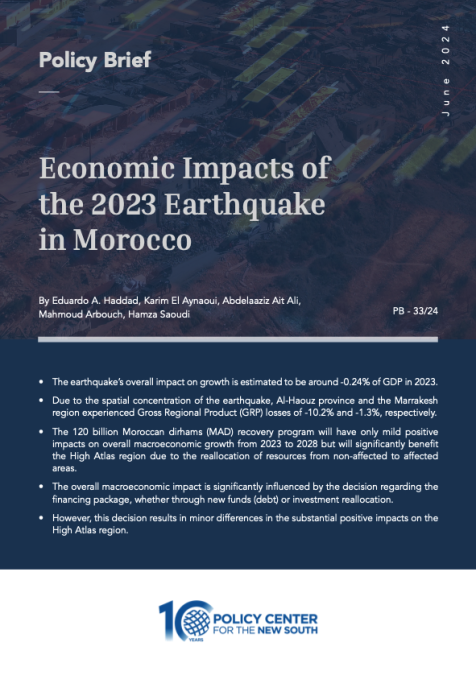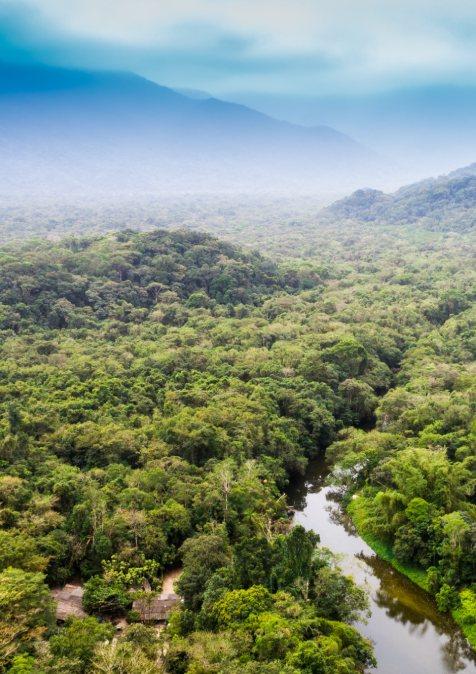Publications /
Policy Brief
Policy Brief
Chapitre 5 - L’IGAD : une communauté régionale à l’épreuve
September 29, 2022
Une des missions de l’IGAD, sinon la plus importante, est de « promouvoir la coopération et l’intégration régionales afin d’ajouter de la valeur aux efforts des États membres pour parvenir à la paix, la sécurité et la prospérité ». Il faut relever que l’organisation fait face à une prolifération de conflits régionaux. Elle se trouve, en effet, à un moment critique et toute nouvelle perte de confiance pourrait conduire à une crise encore plus complexe. Si l’IGAD continue de subir les pressions d’intérêts nationaux versatiles, elle ne peut être un régulateur des tensions et encore moins un acteur clé dans la résolution des problèmes de la région.











